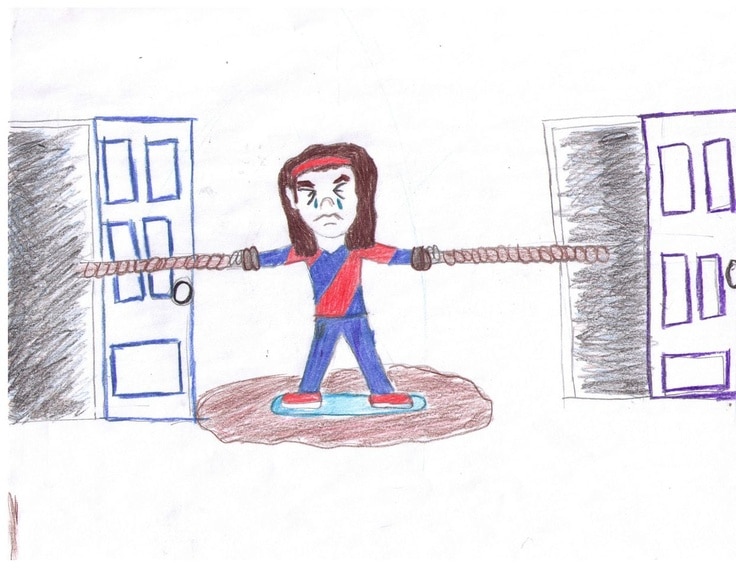
…Call 631-757-1553 or email info@lidivorcemediation.com for answers, information and free first session…
In Suffolk County, like the rest of New York State, any Spouse can get a divorce without needing to prove grounds. At our Long Island Center for Divorce Mediation in both Huntington and Yaphank, Suffolk County, Spouses call us day in and day out to find out their rights and to make appointments for a first free session for divorce mediation.
These Spouses who call in want information about child custody as one of their key issues. They ask:
1. What are the key aspects of child custody?
There are two aspects of child custody – legal custody and residential custody.
Legal custody refers to which parent(s) have major decision-making power for their children, including medical and educational decisions. In Suffolk County, whether couples are working with mediators or are going through litigation, they are almost all electing joint legal custody of the children.
Residential custody refers to where the children live more than 50% of the time. The majority of Spouses choose residential custody with one parent, usually the wife. Some, however, choose 50/50 residential custody and another group chooses to live in the same house after divorce.
2. How long does custody last?
Once child custody is established, it lasts until a child is 18 in Suffolk County, NY.
3. How does child support work?
Child support is awarded to the parent who has the residential custody of the child or children. That parent gets the child support from the non-residential parent. Child support is calculated based on the gross income minus social security and medicare of the non-residential parent. The residential parent gets 17% for one child, 25% for two children, 29% for three, 32% for four and 35% or more for five children. The residential parent’s income does not figure into the equation, except for the part that is spousal support.
If a residential parent is getting spousal support, that amount is calculated in a complex formula and reduces child support to a certain degree.
4.What if we want to share custody 50/50?
If a couple decides to share custody 50/50, they can agree to forgo child support. However, if they do not agree, then the child support is awarded to the spouse with the lower income.
5.What if my Spouse doesn’t agree to what I want for child custody?
If your Spouse doesn’t agree to your plan for child custody, you have choices. You can leave your mediator and hire a divorce litigator to fight it out with your Spouse. Or you can check within to find any latent flexibility. A third choice is to attempt to communicate your reasons for your choice to your Spouse, hoping to change his or her mind. Finally, you can work out a compromise that takes into account both persons needs.
6. How will the children be affected?
Once custody is decided and the divorce goes through, you will need to deal with the children. They are vulnerable to confusions, anxieties, anger and pain as a result of the split up of the marriage. This vulnerability can lead to problems in school, with friends and with their own emotions. Turns out that the key factor in determining your children’s future adjustment after the divorce is the degree to which you and your ex can successfully co-parent. We encourage you to get professional help with this.
To learn more about Divorce Mediation in Suffolk County, please read.To learn about tips on co-parenting, read this article. Also, here you can read about living together after divorce. Yes, some couples actually manage that for the sake of their budget.